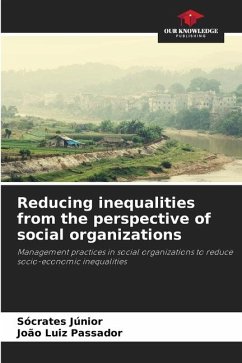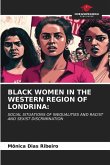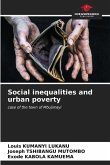Since the establishment of capitalism and the formation of the modern state, discussions about the inequalities resulting from the way most contemporary societies are organized economically and socially have been frequent. Sen (2008) states that it is necessary to rethink the processes of income generation and distribution. Growing economic inequality is one of today's main social problems and is one of the main causes of other collateral problems such as violence, gender inequality and poverty, among others. Thus, the way organizations think and manage plays a fundamental role. In this context, the general aim of this work is to investigate how management practices in Third Sector organizations, Solidarity Economy Enterprises and Social Business - Yunus Model, can contribute to minimizing the problem of social inequality in Brazil.
Bitte wählen Sie Ihr Anliegen aus.
Rechnungen
Retourenschein anfordern
Bestellstatus
Storno








